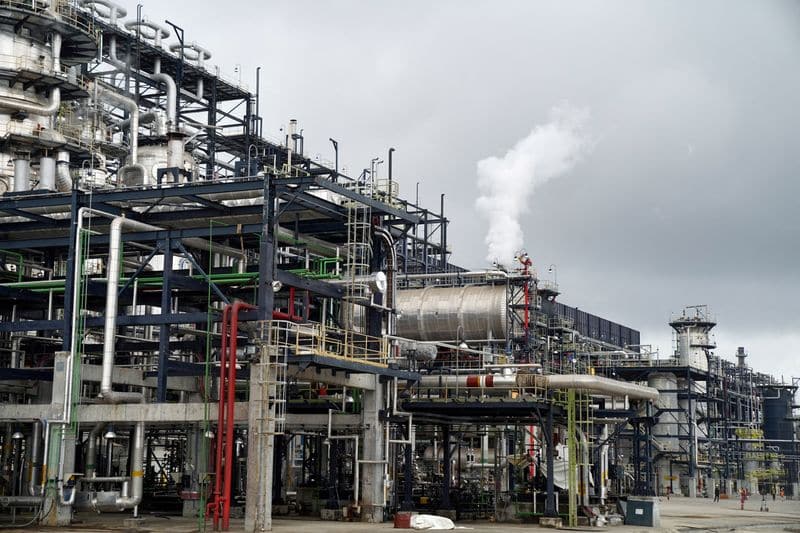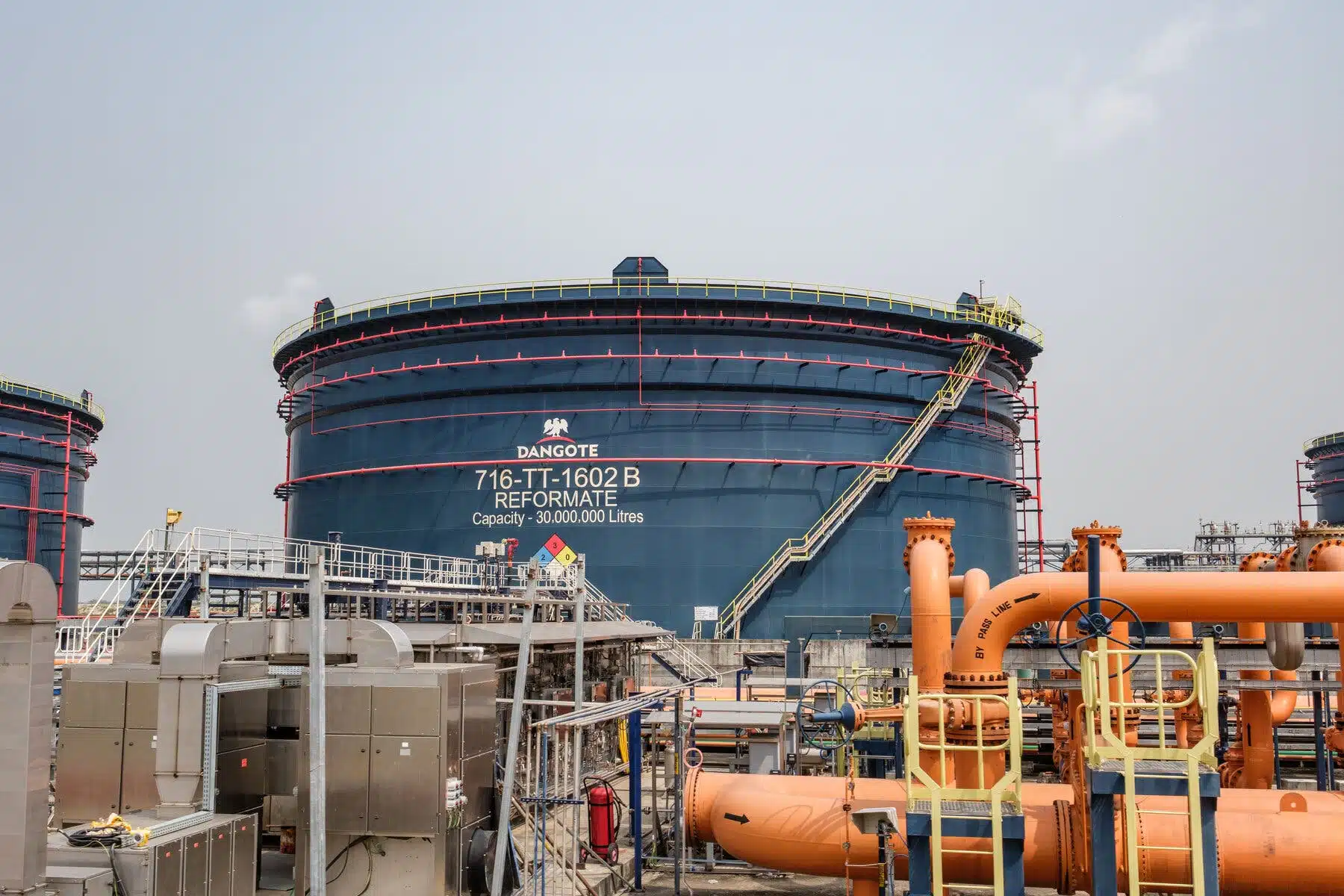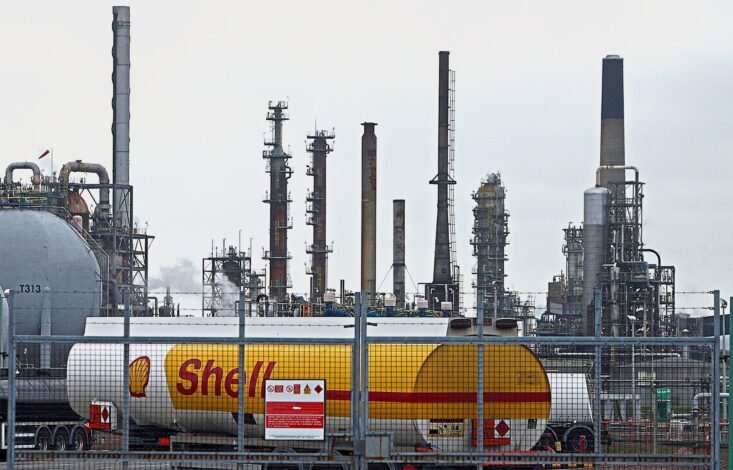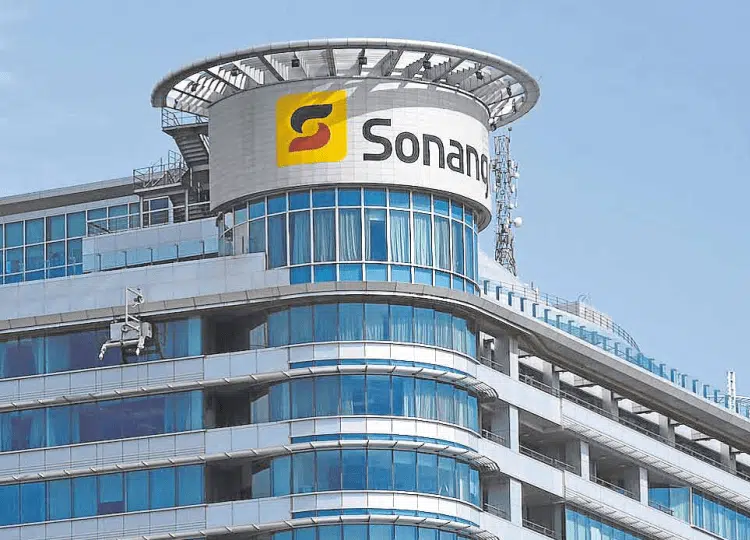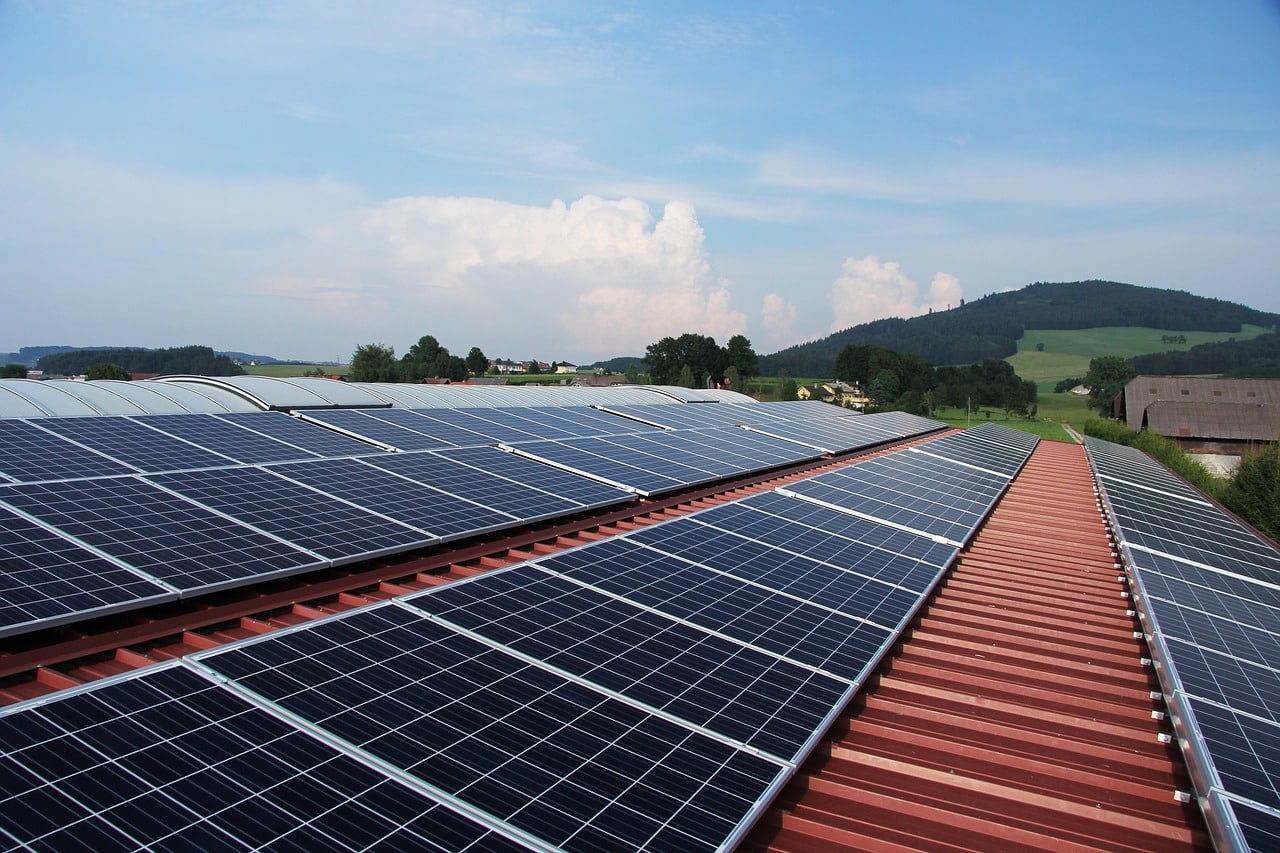TotalEnergies Chief Executive Officer Patrick Pouyanné has warned that the new U.S steel tariffs will increase construction costs for major gas projects, including the Mozambique LNG facility. The new trade measures will make it more expensive to build liquefied natural gas plants at a time when developers are already dealing with high global costs.
Speaking at the Energy Intelligence Forum in London, Pouyanné mentioned that the tariffs “will inevitably push up the cost of building LNG facilities.”
His comments come amid growing concerns that rising trade barriers could slow down investment and projects completion across developing energy markets.
Cost implications for major gas projects
In June, the U.S. government raised import duties on steel and aluminium to 50%, without granting exemptions for materials used in oil and gas infrastructure such as oil country tubular goods and structural steel frames. Industry data show that the new tariffs could lift steel input costs for the oil and gas sector by about 5.6%, affecting equipment and logistics expenses.
The increase in tariffs is expected to ripple through international supply chains that depend heavily on imported materials. For companies like TotalEnergies, already facing project delays and financing constraints, the rising cost of steel adds further strain to long term budgets.
The $20 billion Mozambique LNG project remains on hold following militant attacks in the Cabo Delgado region in 2021. Although security has improved in parts of the area, operations are not expected to restart before 2029, making it one of the longest delayed energy projects on the continent.
Project delays and security issues
Pouyanné explained that rebuilding investor confidence in Mozambique will require “a strong alignment between the Mozambican government and investors.” He maintained that lasting peace and policy clarity remain key before the company can make any final decision to resume work.
Beyond security, the rising cost of raw materials continues to complicate project recovery efforts. The construction of LNG facilities requires large volumes of specialised steel, and higher tariffs directly affect the pricing of such materials.
Other global energy suppliers are also feeling the weight of the tariffs. Baker Hughes Chief Executive Lorenzo Simonelli reported that the policy would add more than $100 million in extra costs for his company this year, affecting supply contracts and profit margins.
For TotalEnergies, balancing regional security challenges with rising material costs could extend the delay of Mozambique LNG. Any move toward resumption will depend on both improved conditions in the north and a stable international trade environment.
In short, the new U.S. trade measures have created an added obstacle for gas projects like Mozambique LNG, showing how policy shifts far beyond Africa’s borders can shape the continent’s energy future.

